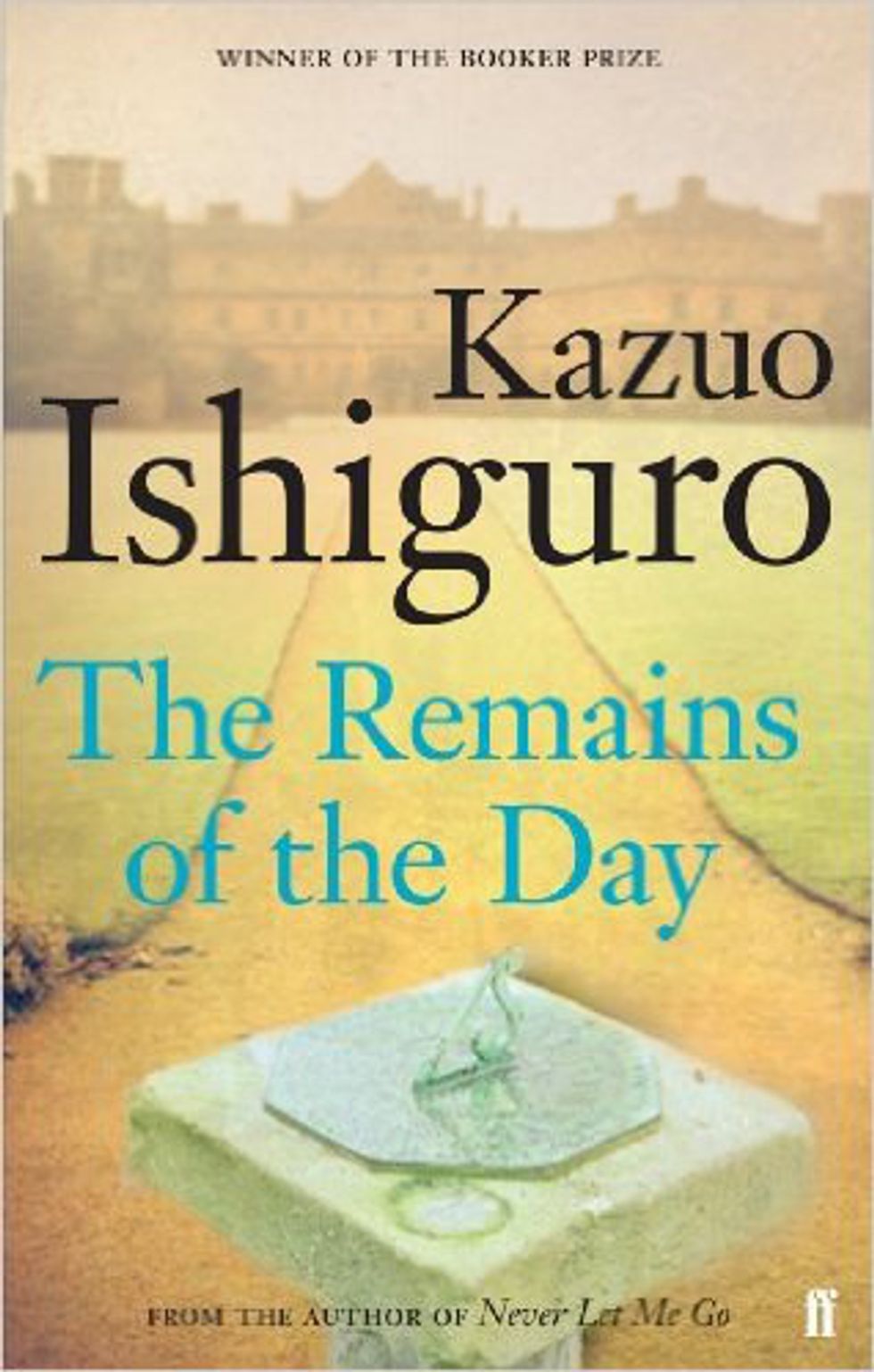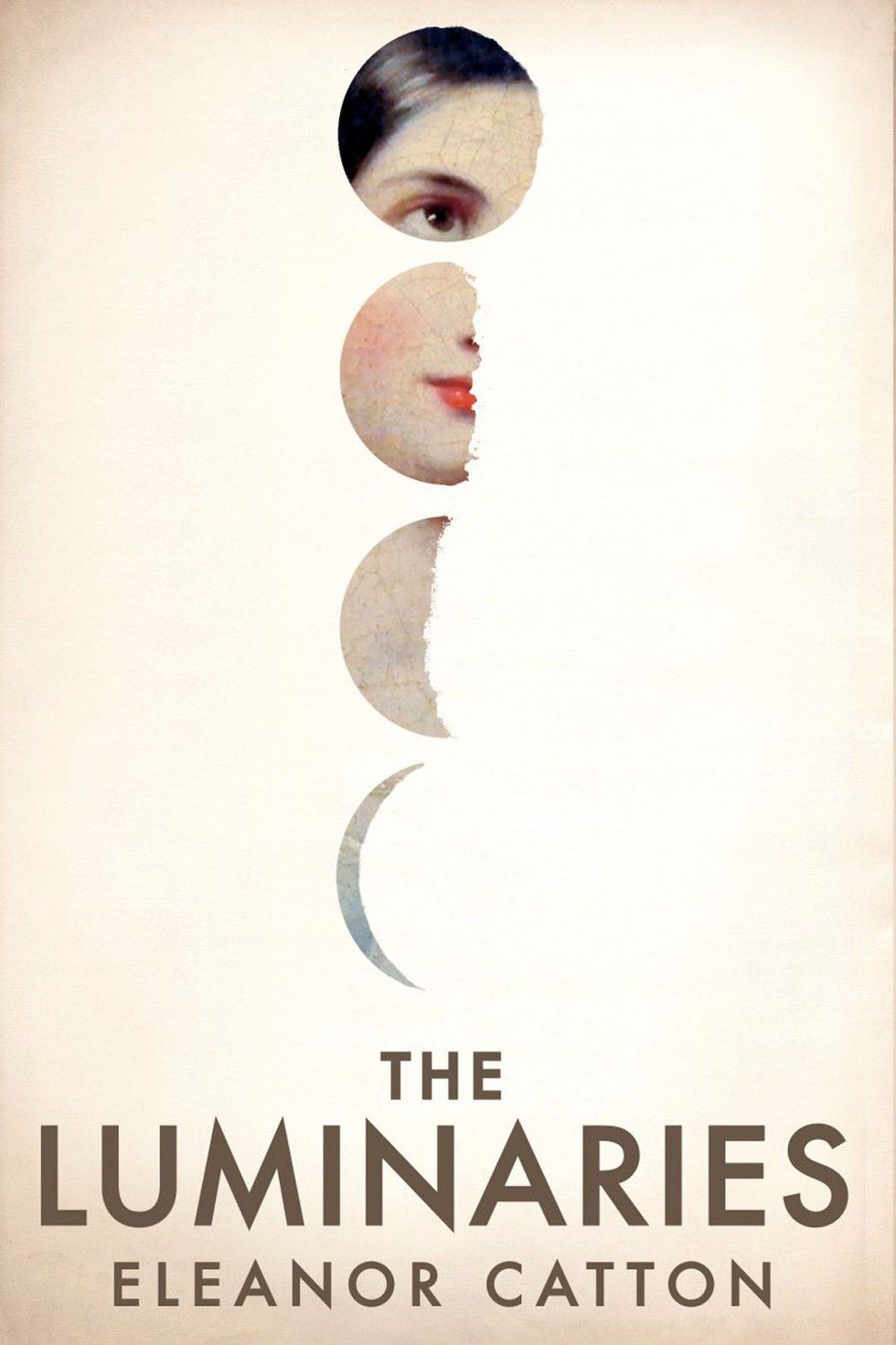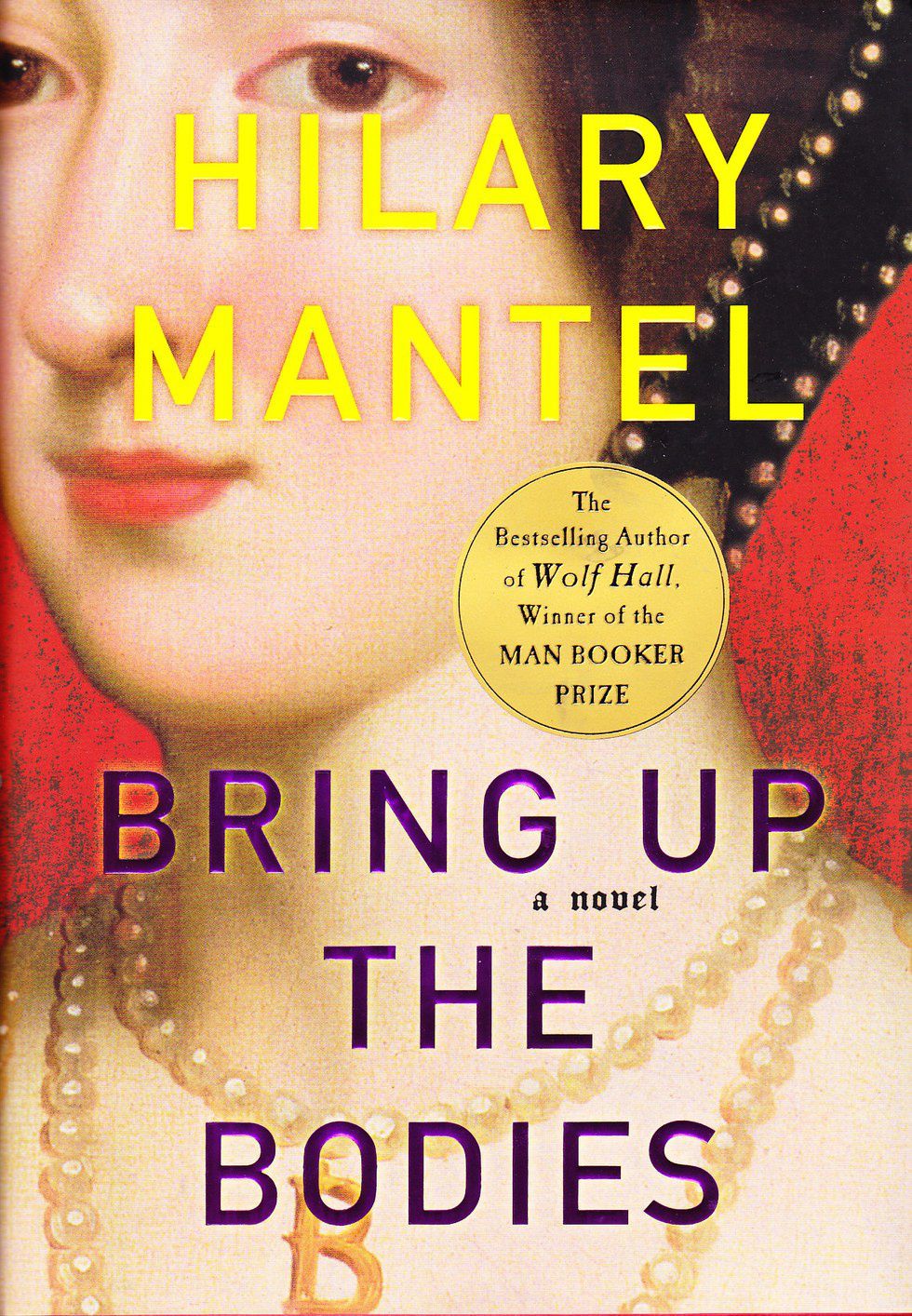To all my bookworm friends, do you remember those gold and silver stickers on kids' books for Newbery Medal and Honor winners? I loved those. They were like stickers saying "Read me: I'm certified fresh" and were better than an Olympic athlete's endorsement of breakfast cereal, in my opinion.
That's why I was elated to discover the grown-up version of those shiny stickers: the Man Booker Prize. This award is given every year to an outstanding work of fiction written in English and published in the UK. (OK, I could have gone with the Pulitzer or something, but I'm kind of an Anglophile).
Each Booker Prize winner I've read has been nothing like the others; as far as I can see, they have only one thing in common: these novels are brilliant. Whether in their content, their format or their writing style. Brilliant.
So without further ado, I present to you three Man Booker Prize novels that are not only worth reading but also possibly life-changing.
1. "The Remains of the Day" by Kazuo Ishiguro
This was my first foray into Booker territory, and I can probably blame timing and context for why I fell so hard for all aspects of this novel. The book details a perfectly English butler's road trip through the English countryside while eulogizing a passing era of English identity, and I read it while studying abroad in a 19th-century manor house in the heart of England. The main character's goodbye was my goodbye to everything beautiful and picturesque that happened during the semester, so yes, the novel did things to my heart.
"The Remains of the Day" also got me hooked on Kazuo Ishiguro, who is a fantastic writer, particularly in how he structures his novels around psychological repression, memory and time. Other books I recommend by him include "Never Let Me Go" and "The Buried Giant."
2. "The Luminaries" by Eleanor Catton
At 848 pages, this novel is the longest to win the Booker Prize. But from its fascinating setting in the New Zealand goldfields to the way it weaves 13 diverse characters with complex backstories into a circular plot that doesn't quite make sense until the end --"The Luminaries" is no less brilliant for its length.
Plus, the book has astrological vibes as well as a part adventure/part sci-fi/part magicky feel, so it's a lovely amalgamation of everything awesome under the literary heavens, if you ask me.
3. "Bring Up the Bodies" by Hilary Mantel
This novel, which paints the tumult of Henry VIII's court from Thomas Cromwell's cool and calculating perspective, is about passion and politics and betrayal and ruthless ambition -- topics that I don't usually dig. But Mantel is a genius. She tells facts like they're dramatic fiction and injects insight into a historical period when a king was turning his kingdom upside down in rabid search for a wife who would give him an heir. This book is a unique look at England in a different time, narrated in jaw-dropping prose.
I think Mantel's brilliance is evident in the fact that both "Bring Up the Bodies" and "Wolf Hall," its predecessor, won the Booker Prize, three years apart. I preferred the second book -- maybe because "Wolf Hall" does a lot more work setting up events that seem to happen more quickly in "Bring Up the Bodies," and because it took me a while to figure out Mantel's writing style.
The third book in the Thomas Cromwell trilogy, The Mirror and the Light, is still upcoming. Maybe it will give Hilary Mantel a Man Booker Prize streak -- who knows?
So there you have it -- three beauties to add to your summer reading list. Enjoy!





















